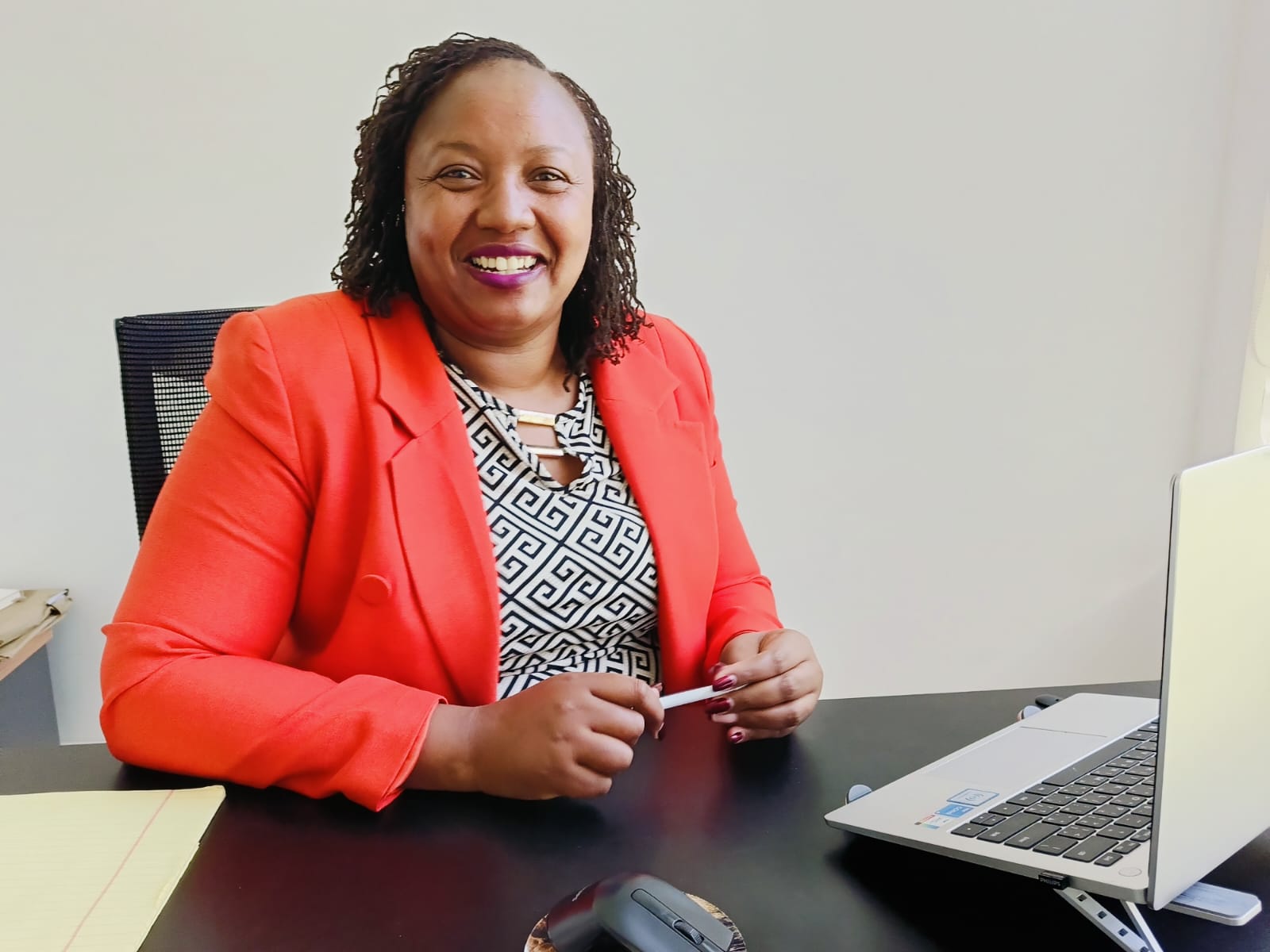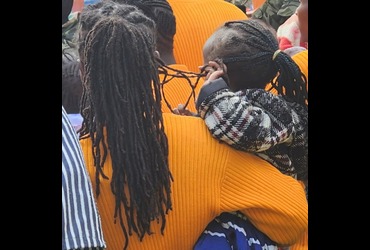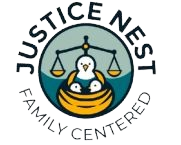Stories

August 2024
The Encounter That Inspired Creation of Justice Nest
In 2016, I had an encounter that stuck with me. I met a child (Faith*) who was in contact with the law having been charged with child neglect despite being a child herself. At only 17 years of age, she had a 1.5-year-old baby in her arms and was heavily pregnant. Faith was married to the father of her children and was living with him until he left the country in search of better job prospects. As soon as he left the country, Faith’s mother-in-law kicked her out of the home, leaving her stranded and desperate.
She walked for many miles looking for someone to take her baby as she did not have the means to care for the child on her own. She eventually approached a children’s home thinking that she would find the help she required. Unfortunately, instead of assisting her, they took her to Muthaiga police station where she was subsequently arrested and arraigned in court.
I took up Faith’s case. Looking at the charge, I could have had the charges dropped. But the question remained, where would they go after being released? Therefore, I advised her to plead not guilty so that she could be taken to the remand for the night as I figured out how to assist her. I embarked on a search for a shelter that would take her in and care for her and her child. However, this process took so long that she gave birth in the prison. She stayed in remand prison for two months with her baby. The charges were dropped, and she was released only after we got a friend to host her temporarily. The sad reality is that this is not an isolated case. Women ending up in prison is more common in comparison to their acquisition of support within the justice system.
Fast forward to 2024. It is now nine years after Faith’s incident, and not much has changed. It reflects the broader issue of vulnerable women and children slipping through the cracks of the justice system, ending up in prison instead of receiving the support they so desperately need. Witnessing innocent children behind bars alongside their mothers is a stark reminder of the urgent need for alternatives.
Through my experiences in the legal system, I have encountered numerous cases where women face prosecution for actions rooted in poverty and lack of familial support. Children on the other hand also end up in the criminal justice system due to neglect and lack of parental care. To add insult to injury, about 90% of inmates in prison have no access to an advocate to help them navigate legal processes.
Motivated by these experiences, I have founded Justice Nest—a non-profit organization dedicated to using the legal system to ensure that women have access to justice and can safeguard their homes, their nests, children stay at home not in prisons, and prisoners have access to efficient legal services. Our mission is to provide support, advocacy, and resources to vulnerable women and children, empowering them to break free from the cycle of poverty and incarceration.
Miriam Wachira -Founder and Executive Director.


